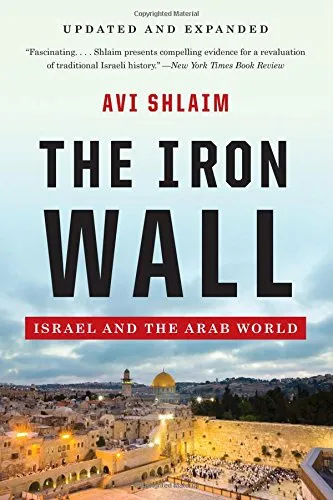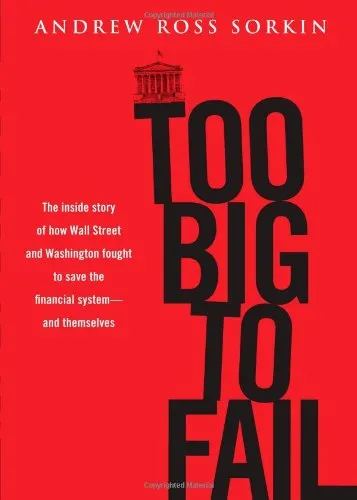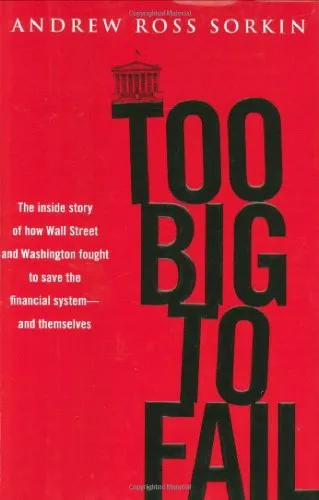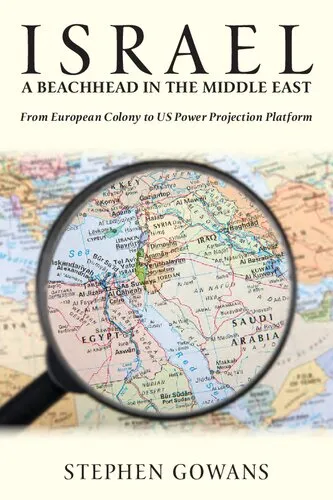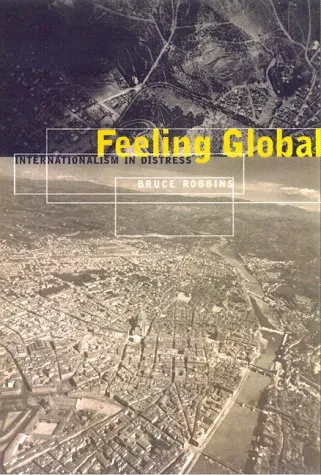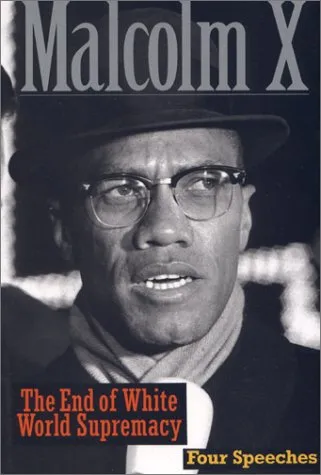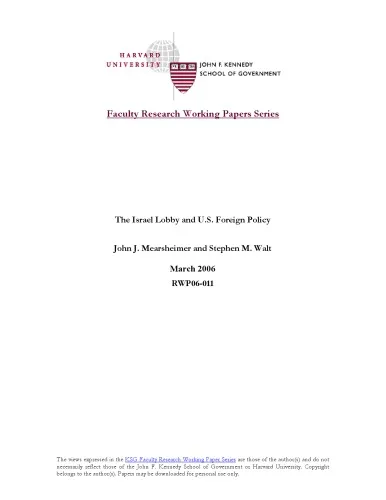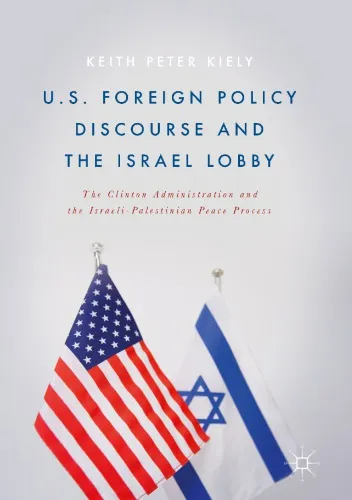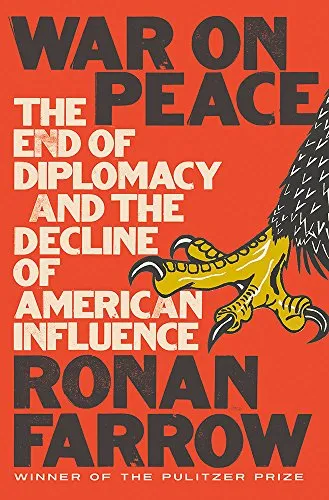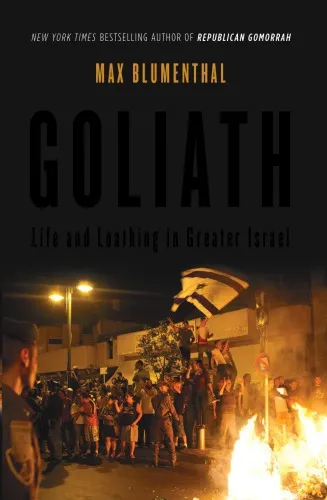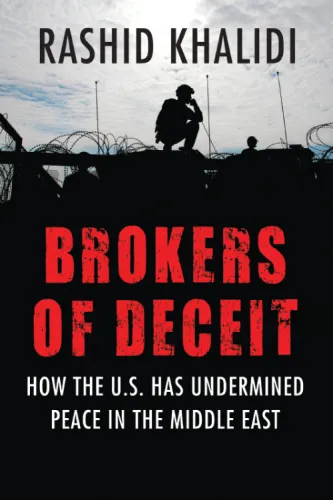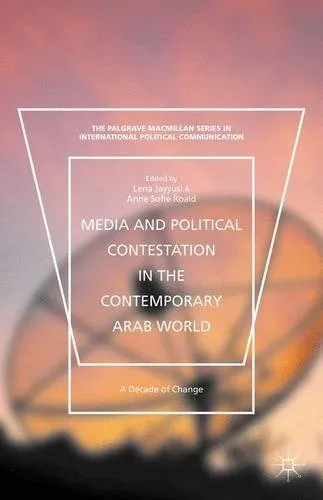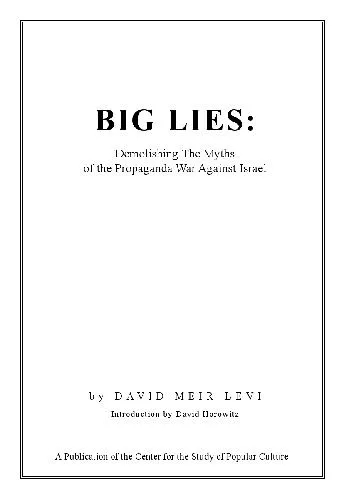The Iron Wall: Israel and the Arab World
4.5
Reviews from our users

You Can Ask your questions from this book's AI after Login
Each download or ask from book AI costs 2 points. To earn more free points, please visit the Points Guide Page and complete some valuable actions.Related Refrences:
Introduction to "The Iron Wall: Israel and the Arab World" by Avi Shlaim
"The Iron Wall: Israel and the Arab World" by Avi Shlaim is a seminal work that delves deeply into the complex and tumultuous relationship between Israel and its Arab neighbors throughout the 20th century and beyond. First published in 2000 and revised in subsequent editions to provide updated analyses, this book explores the political ideology, historical events, and regional dynamics that have defined one of the most intractable and consequential conflicts of our time. Renowned for its rigor, objectivity, and incisiveness, this book has become a cornerstone in the field of Middle Eastern studies.
Detailed Summary of the Book
At its core, "The Iron Wall" traces the historical trajectory of Zionism and Israel’s policies toward the Arab world from the early 20th century to the modern era. The title itself refers to the "Iron Wall" strategy articulated by Ze’ev Jabotinsky in the 1920s—a philosophy advocating for the establishment of a strong and secure Jewish homeland before reaching any form of compromise or peace with the Arab world. Shlaim builds upon this concept, examining how this doctrine has influenced successive Israeli governments and their policies.
The book is divided into chronological sections, each scrutinizing pivotal moments in history: from the British Mandate in Palestine, the UN Partition Plan, the Arab-Israeli wars of 1948, 1967, and 1973, to the Camp David Accords, the Oslo Peace Process, and beyond. Shlaim evaluates Israeli foreign policy, shedding light on the critical decisions and missteps that have perpetuated cycles of conflict. Through meticulous research and a wealth of primary sources, he also critiques the role of Arab states, demonstrating that peace remained elusive due to a combination of mistrust, internal divisions, and entrenched positions on both sides.
The book unearths hidden details about key players such as David Ben-Gurion, Golda Meir, Anwar Sadat, Yitzhak Rabin, and Ariel Sharon. These profiles underscore the intersection between leadership and ideology, emphasizing how decisions taken in moments of crisis shaped—and in many cases hardened—the broader Israeli-Arab conflict.
Key Takeaways
- The "Iron Wall" strategy continues to inform Israeli security doctrine and its foreign policy approach.
- Competing narratives of history significantly contribute to the difficulty of achieving mutual understanding or sustainable peace.
- Internal divisions within both Israeli and Arab societies have played a crucial role in thwarting compromise and progress.
- A nuanced historical understanding is critical to untangling a highly complex and multi-faceted conflict.
- The international community, including Western powers, has often exacerbated regional tensions through uneven policies and interventions.
Famous Quotes from the Book
- "Peace cannot be built on the basis of illusions; it requires a realistic appraisal of the conditions for coexistence."
- "The Iron Wall was not just a policy; it was a state of mind that dominated Israel's approach to its Arab neighbors."
- "History should not be weaponized; it should enlighten our actions rather than justify our prejudices."
- "The Arab-Israeli conflict is not a zero-sum game—it demands recognition of mutual rights and suffering."
Why This Book Matters
"The Iron Wall: Israel and the Arab World" is a masterwork that bridges the gap between historical scholarship and contemporary relevance. It provides readers with not only a comprehensive account of the Arab-Israeli conflict but also the tools to critically assess modern political and diplomatic realities. Shlaim’s objectivity, reinforced by his access to once-classified Israeli and British documents, establishes him as a trustworthy and essential voice in Middle Eastern studies.
This book is particularly significant for students, policymakers, and anyone interested in world affairs. By elucidating the ideological, historical, and human dimensions of the Israel-Arab conflict, Shlaim confronts readers with the daunting complexity of peacemaking in the region. Yet, he also highlights the possibilities for reconciliation if leaders are willing to confront their biases and embrace genuine compromise.
In an era of ongoing instability in the Middle East, "The Iron Wall" remains as pertinent as ever, offering invaluable insights into both the roots of the conflict and the prospects for its resolution.
Free Direct Download
You Can Download this book after Login
Accessing books through legal platforms and public libraries not only supports the rights of authors and publishers but also contributes to the sustainability of reading culture. Before downloading, please take a moment to consider these options.
Find this book on other platforms:
WorldCat helps you find books in libraries worldwide.
See ratings, reviews, and discussions on Goodreads.
Find and buy rare or used books on AbeBooks.
1642
بازدید4.5
امتیاز0
نظر98%
رضایتReviews:
4.5
Based on 0 users review
Questions & Answers
Ask questions about this book or help others by answering
No questions yet. Be the first to ask!
